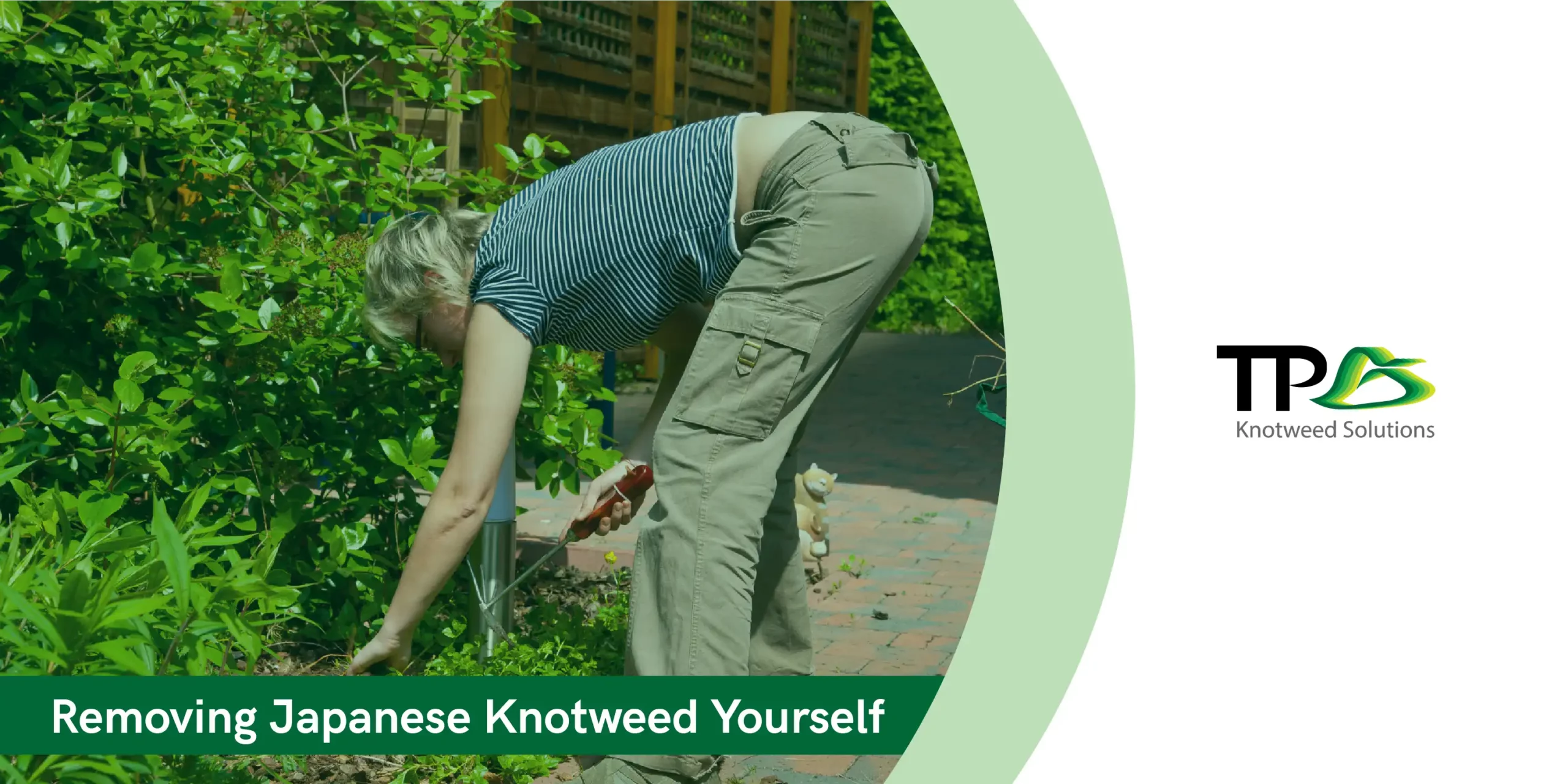Japanese knotweed is a persistent nuisance of the garden and home that can grow its way through most anything given the time, strangling the competition in the process. Though it is illegal to grow deliberately under the Wildlife and Countryside Act of 1981, it more than likely grew from another plant, one that could be up to seven metres away from the one in your garden. It is your legal duty to remove any such plant from your property as it appears.
The first thing to stress is that you can still sell your home – you’ll just have to take steps to remove the knotweed first.
This is not a case of demolishing the entire house to remove the weed. Those are unnecessary horror stories that makes it sound more like an infestation of Triffids than weeds. However, if no steps are taken to start removing the weed, an infestation can affect the price of your property, your chances of getting a mortgage in both the short and the long term and could also, in the case of doing nothing at all to combat the weed, land you with a criminal conviction.
You can be refused a loan because of its presence. However, lenders are increasingly happy to change their minds should they see even remedial steps and plans being taken to remove the weed, taking into account any future plans to do so.
Combating Japanese knotweed
The bad news is that to offset the large potential monetary loss from having the weed, a smaller but still substantial amount will have to be spent removing the weed from your garden. There a few methods to getting rid of the weed.
One method is to rip the plant out from the ground, roots and all. Due to the invasive nature of the weed, its rhizomes (which are roots that can sprout a new plant) may have spread far underground, and the ripping up of pavement slabs, gardens and other surrounding areas such as driveways, paths, etc. can be very expensive.
The method by which they are ripped out can also cause more damage, causing the plant to spread further whilst still remaining in the original place. It is the green-fingered equivalent of fighting the hydra, and a similar herculean task should it be attempted this way. As such, this method should only be done professionally.
Chemical Treatment
The least invasive method is to remove the plants by hand and treat the stems chemically with a weed killer spread or injected into the plant. It can take up to three to six years to finally remove the plant; the knotweed was originally found on the slopes of volcanoes in Japan, and as such can be quite resilient against most things.
Weed killer would have to be extremely thorough, a problem for those thinking of the short term. Perhaps most importantly for those of you considering doing it yourself, any disposal of the plant must be taken a specialised waste locations under strict conditions, or you may be convicted of spreading the weed and contaminating the compost.
It is also cannot be a case of leaving it alone for the new tenants or neighbours to sort out. As already mentioned, it is your legal obligation to prevent the spread of the knotweed. If you were to allow it to spread, this could cost you the same criminal conviction as mentioned about: it could cost you £5,000 and/or six months in prison, though in special cases this can be up to two years in prison.
It is best to seek professional help. Mortgage lenders and property vendors would most likely seek a professional opinion as well, so proving you have already, and come up with a plan of attack against the knotweed will certainly work in your favour.
Though a lender may still refuse your claim based on the presence of the weed, seeing that comprehensive steps are being taken will make them more sympathetic to future plans. The cost will still fall on your shoulders, and will be your duty to ensure the work is completed, but versus the stress of not being able to sell at all due to one plucky weed, the cost is certainly justified.
To speak to a Japanese knotweed specialist, call us on 0800 389 1911 or contact us online.




